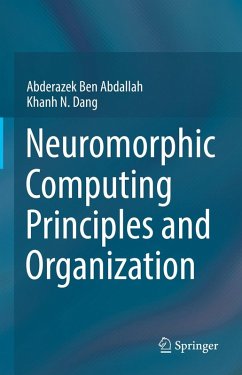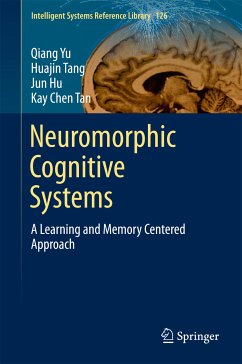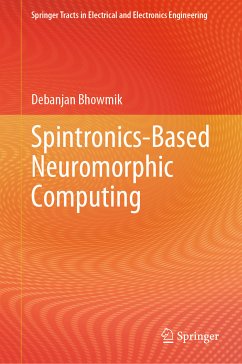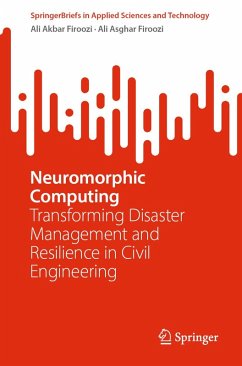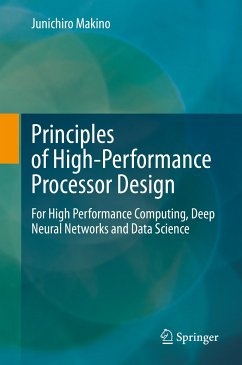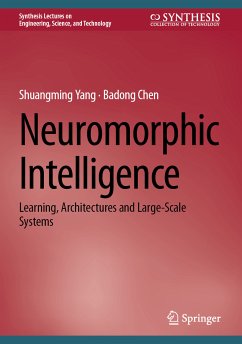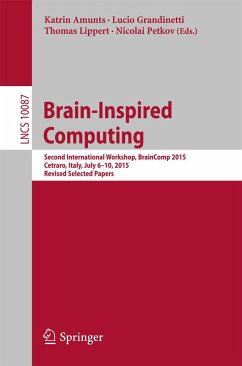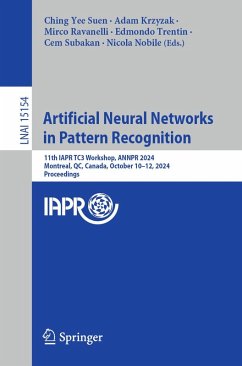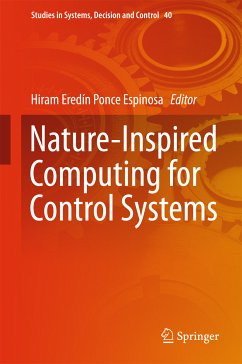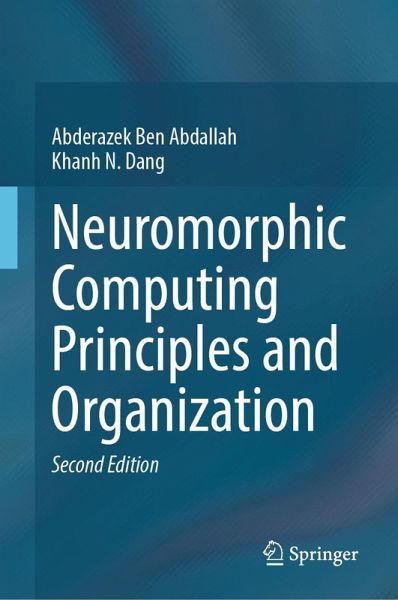
Neuromorphic Computing Principles and Organization (eBook, PDF)
Versandkostenfrei!
Sofort per Download lieferbar
60,95 €
inkl. MwSt.
Weitere Ausgaben:

PAYBACK Punkte
30 °P sammeln!
The second edition of Neuromorphic Computing Principles and Organization delves deeply into neuromorphic computing, focusing on designing fault-tolerant, scalable hardware for spiking neural networks. Each chapter includes exercises to enhance understanding. All existing chapters have been meticulously revised, and a new chapter on advanced neuromorphic prosthesis design serves as a comprehensive case study.The book starts with an overview of neuromorphic systems and fundamental artificial neural network concepts. It explores artificial neurons, neuron models, storage technologies, inter-neuro...
The second edition of Neuromorphic Computing Principles and Organization delves deeply into neuromorphic computing, focusing on designing fault-tolerant, scalable hardware for spiking neural networks. Each chapter includes exercises to enhance understanding. All existing chapters have been meticulously revised, and a new chapter on advanced neuromorphic prosthesis design serves as a comprehensive case study.
The book starts with an overview of neuromorphic systems and fundamental artificial neural network concepts. It explores artificial neurons, neuron models, storage technologies, inter-neuron communication, learning mechanisms, and design approaches. Detailed discussions cover challenges in constructing spiking neural networks and emerging memory technologies. A dedicated chapter addresses circuits and architectures, including Network-on-Chip (NoC) fabric, Address Event Representation (AER), memory access methods, and photonic interconnects.
Reliability issues, recovery methods for multicore systems, and reconfigurable designs supporting multiple applications are examined. The book also describes the hardware-software design of a three-dimensional neuromorphic processor, focusing on high integration density, minimal spike delay, and scalable design. The book concludes with a comprehensive review of neuromorphic systems, providing a detailed analysis of the field and an overarching understanding of the key concepts discussed throughout the text.
The book starts with an overview of neuromorphic systems and fundamental artificial neural network concepts. It explores artificial neurons, neuron models, storage technologies, inter-neuron communication, learning mechanisms, and design approaches. Detailed discussions cover challenges in constructing spiking neural networks and emerging memory technologies. A dedicated chapter addresses circuits and architectures, including Network-on-Chip (NoC) fabric, Address Event Representation (AER), memory access methods, and photonic interconnects.
Reliability issues, recovery methods for multicore systems, and reconfigurable designs supporting multiple applications are examined. The book also describes the hardware-software design of a three-dimensional neuromorphic processor, focusing on high integration density, minimal spike delay, and scalable design. The book concludes with a comprehensive review of neuromorphic systems, providing a detailed analysis of the field and an overarching understanding of the key concepts discussed throughout the text.
Dieser Download kann aus rechtlichen Gründen nur mit Rechnungsadresse in A, B, BG, CY, CZ, D, DK, EW, E, FIN, F, GR, HR, H, IRL, I, LT, L, LR, M, NL, PL, P, R, S, SLO, SK ausgeliefert werden.



